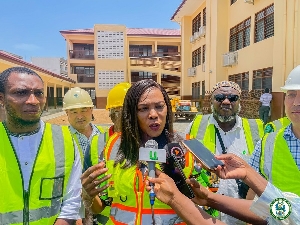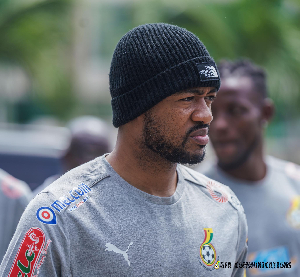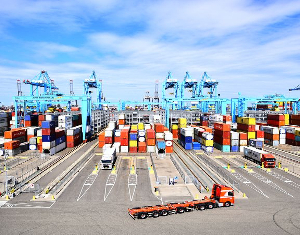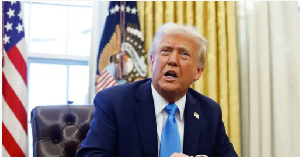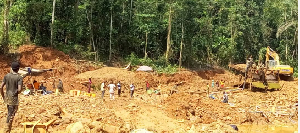The city of Accra has officially concluded its yearlong role as the UNESCO World Book Capital with a closing ceremony in preparation to hand over the title to Strasbourg, the capital city of the Grand Est Region, formerly Alsace, in north-eastern France.
The ceremony which was held at Accra City Hall on Wednesday saw officials, writers, and book lovers, gather to honour the city's achievements and reflect on its accomplishments over the past year.
Accra was designated as the World Book Capital for the year 2023 by the United Nations Educational, Scientific, and Cultural Organisation (UNESCO) for its strong focus on the youth and their potential to contribute to the culture and wealth of Ghana.
During the title year, the city of Accra organised activities and programmes aimed at empowering the youth through the power of books to develop their socio-cultural identity for generational impact.
These included reading sessions in basic schools, carnivals, festivals, markets, inter-school debates, quizzes, training of Persons With Disability (PWDs) and health screening activities, as well as initiatives to improve access to books and educational resources, particularly for underserved communities.
In a welcome address, the Mayor of Accra, Hon Elizabeth K.T. Sackey, disclosed that 5-acre land located at Mamprobi Sempe has been earmarked for the construction of the Accra World Book Capital (AWBC) legacy project.
The project, according to her, was expected to provide an accessible space for utilisation by book writers and other related professionals, to promote writing and reading.
She highlighted the city's accomplishments during its time as World Book Capital and emphasised that the theme under which the title was launched, "Reading to Connect Minds for Social Transformation," would "continue to be the driving force and motivation to change the development trajectory of Ghana through the power of books."
The Mayor was hopeful that the Ministry of Education and other relevant agencies would undertake programmes and activities to deepen the culture of reading for the ideals, successes, and legacy of the title year to live on as the City of Accra, prepares to hand over the title to Strasbourg, France.
The Second Lady of Ghana, Samira Bawumia, in a speech read on her behalf by Hon. Ben Abdallah Banda touched on the privilege the country experienced during its tenure as World Book Capital, emphasizing the opportunity to showcase Ghana's rich literary heritage and share the nation's storytelling with the world.
She highlighted initiatives such as the Books-to-Go Projects and the African Story Box Project, which provided over 10,000 books and sparked an enthusiasm for reading stressing that these efforts fostered the next generation of writers and readers, paving the way for a prosperous literary future for the nation.
She assured that the government, in collaboration with the private sector, was exploring the creation of a reading and creative writing facility in Accra to foster the culture of reading and writing while promoting socio-economic growth and addressing unemployment in vulnerable communities in Greater Accra and beyond.
The Education Minister, Dr Yaw Osei Adutwum, in a statement read on his behalf, disclosed that as part of activities to mark the year, reading materials were distributed to schools and communities across 12 municipalities in Accra and in the Central and Ashanti regions.
He acknowledged that significant progress was made with respect to the six thematic areas set out to realise the objectives of the AWBC adding that these achievements had helped in creating an avenue to discuss pertinent issues confronting the book industry.
Ghana's Ambassador to France and Permanent delegate to UNESCO, H.E Anna Bossman who introduced a documentary on the AWBC, 2023, The Journey thus far pointed out that the activities held over the past year had created a solid foundation for the country, setting the stage for the initiatives planned for the African Union Year of Education in 2024.
The ceremony concluded with the presentation of an award to the Akoto Lante Basic School for emerging winners of the AWBC debate on the motion “legislative framework and not the education system account for the lack of significant participation of Ghanaian youth in policy and decision making”.
Regional News of Thursday, 18 April 2024
Source: Accra Metropolitan Assembly

